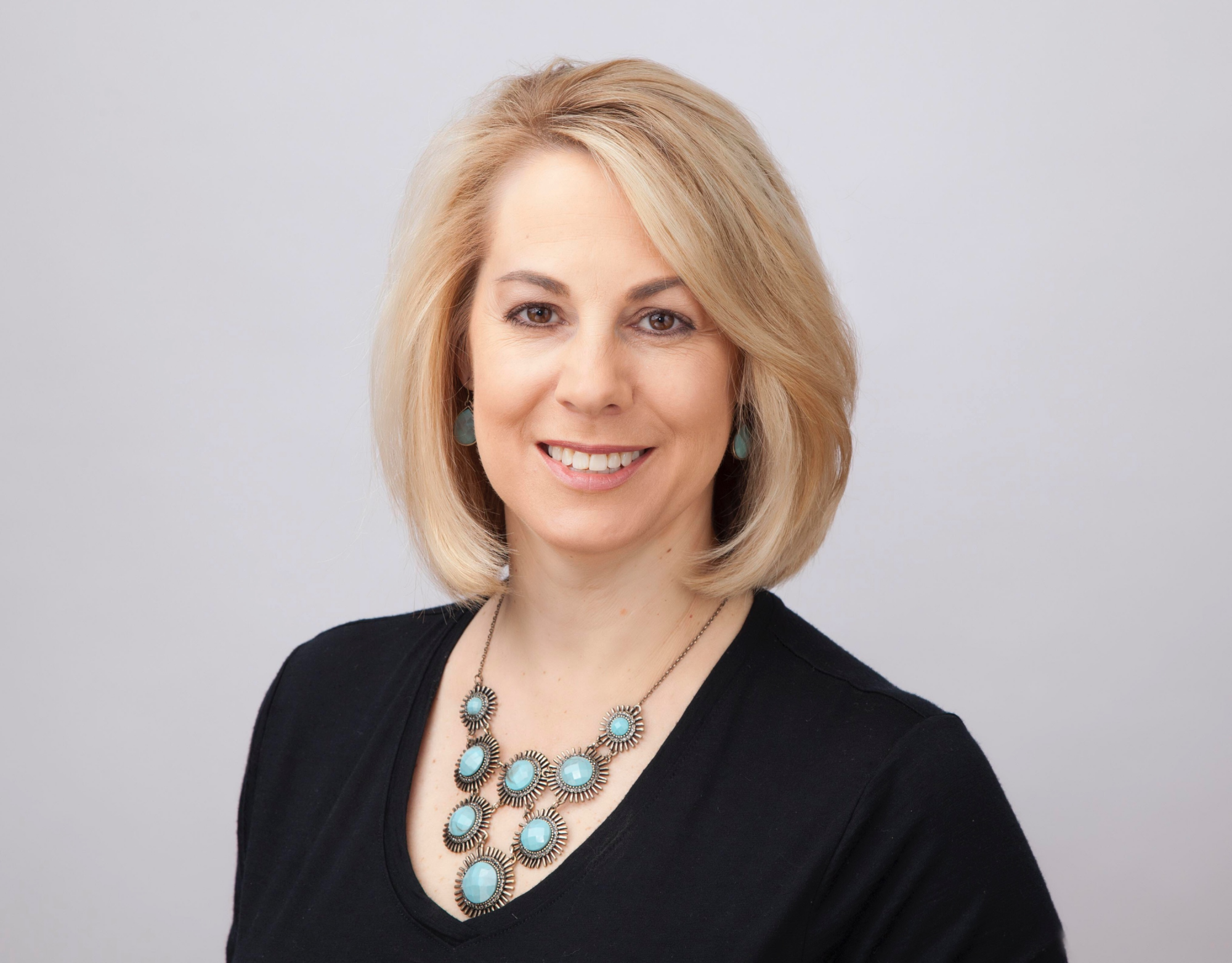
Melissa Greene-Blye, Ph.D. is a citizen of the Miami Tribe of Oklahoma and an assistant professor in the University of Kansas William Allen White School of Journalism and Mass Communications. She is also affiliated with the KU Indigenous Studies Program. Greene-Blye worked as a television news anchor/reporter for 20 years before transitioning to a career in higher education where she teaches multimedia journalism and issues of representation in news media past and present, with an emphasis on Indigenous issues and identity in journalism past and present. Greene-Blye is the faculty supervisor for two student-led news programs: KUJH News and Good Morning Indian Country, she is the founder and director of the KU Native Storytelling Workshop, and director of The Center for Indigenous Student Media. She also sits on the board of IndiJ Public Media, the nonprofit parent company of ICT (formerly Indian Country Today).
Short Circuiting the Short Cuts: Intentionality as a Counterpoint to Information Overload in Today's Media Marketplace
Walter Lippman, in his influential book, Public Opinion, introduced the idea of "pictures in our heads" to explain the way in which we rely on shortcuts to help us make sense of things that we may not have experienced ourselves; these shortcuts, informed by our previous experiences, our own cultural background, socialization and societal norms, and constructed and reinforced through media consumption, are the building blocks of stereotypes. Media literacy, broadly defined, is the ability to critically access, analyze, evaluate, and act upon the plethora of information that we absorb through a multitude of sources on any given day. Additionally, being media literate involves the ability to recognize the ways media can mold our perceptions of individuals and issues, potentially informing our thoughts and opinions of the same. This presentation is designed to introduce the audience to these basic concepts with the goal of short circuiting the negative impact of our inherent desire to take the short cut to understanding while simultaneously helping us navigate today's information overload with the goal of becoming more engaged consumers in today's media marketplace.
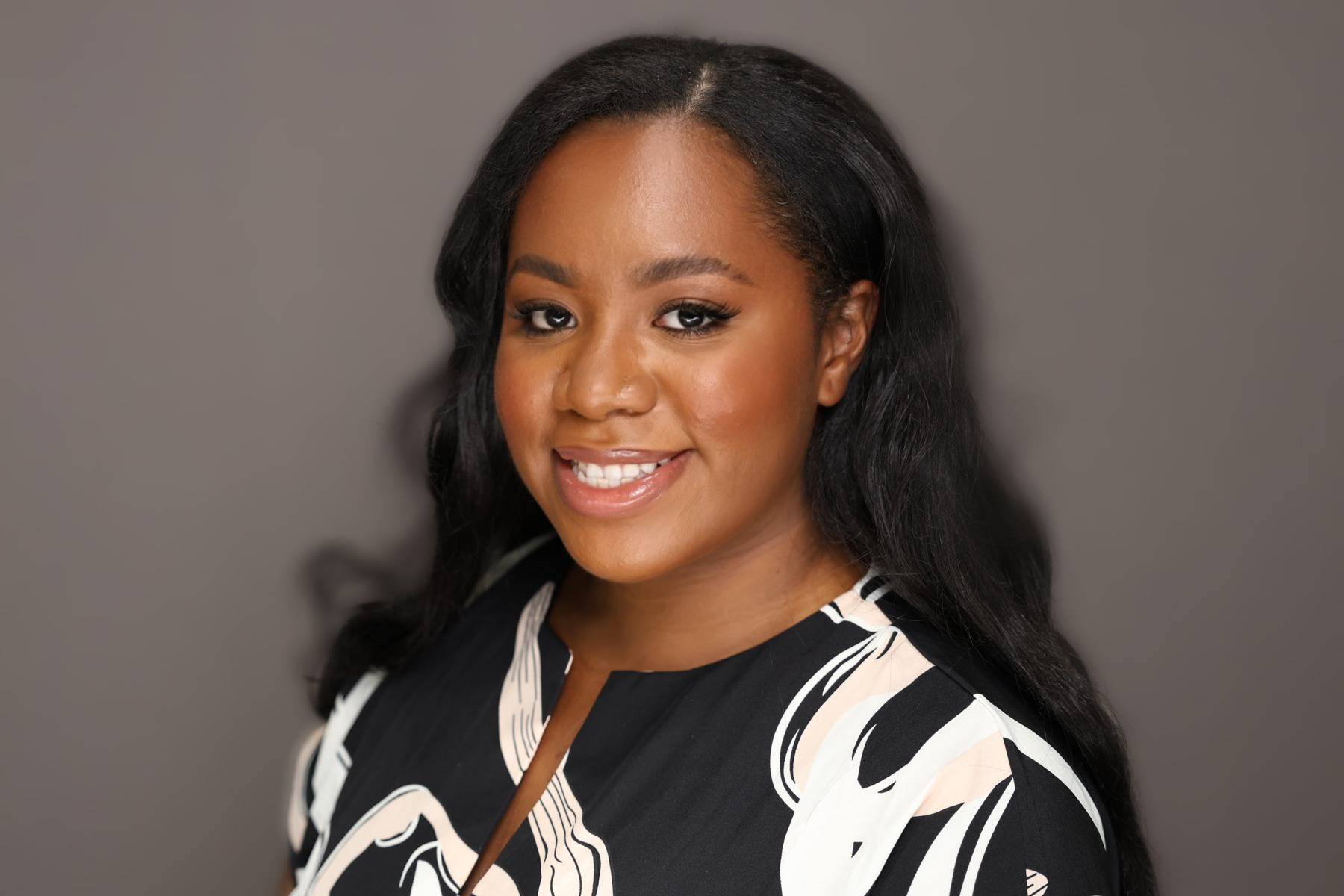
Daisha Holmes is the Specialized Grant Programs Manager at Johnson County Community College in Overland Park, Kansas, where she oversees the Kansas Promise Scholarship, state aid, and local grant initiatives. Drawing on her Master of Arts in Organizational Communication from the University of Kansas and hands-on experience supporting students in financial aid, Daisha is dedicated to fostering equitable educational opportunities and tackling complex challenges through innovation and service.
Performative Professionalism in the Workplace
Building on her own professional journey in higher education, this session explores how Communication Accommodation Theory intersects with the emotional labor Black women face while navigating performative professionalism. We’ll dig into fresh research findings and uncover innovative, actionable strategies to build inclusive, equitable workplaces where everyone can thrive. Let’s reimagine what authentic belonging can look like, together.
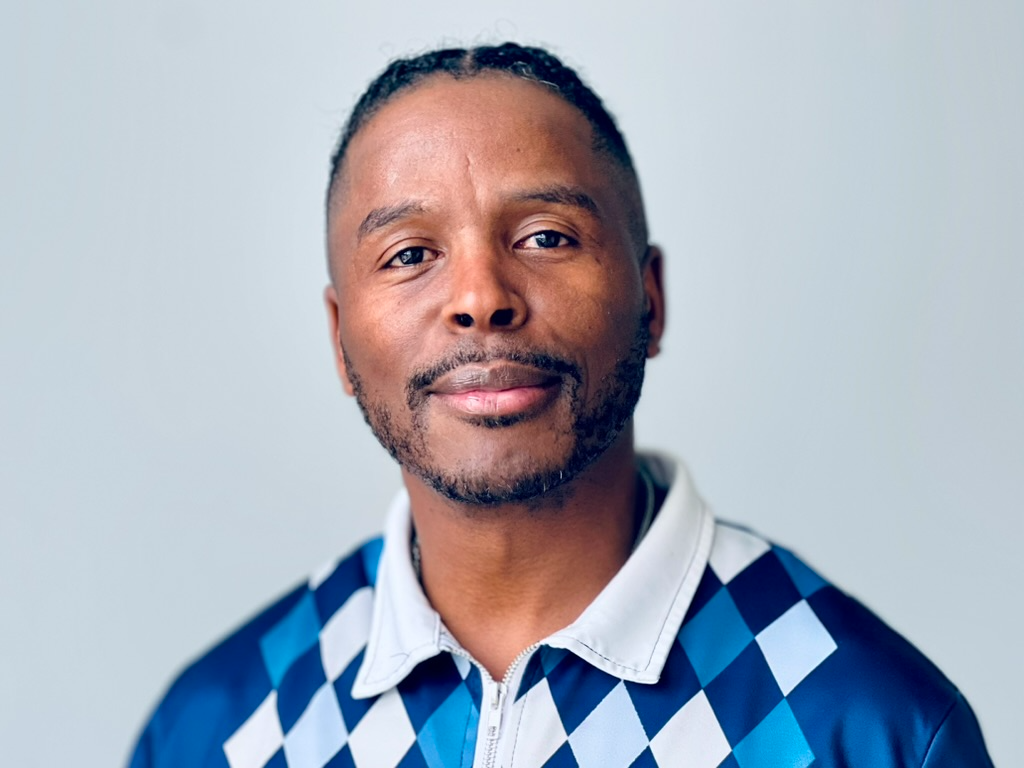
Ossco Bolton III’s journey is a powerful example of transformation and community impact. A former Kansas City gang leader, his life changed after the tragic murder of his 11-month-old nephew in 1993, sparking a deep personal awakening. He went on to found The P.O.S.S.E. (Peers Organized to Support Student Excellence), a program focused on preventing youth violence and promoting positive life choices. Ossco has also contributed to major initiatives like Operation Break and Build, backed by The Kauffman Foundation and AmeriCorps. His work has reached over 40,000 teens, 25,000 law enforcement officers, and 30,000 educators. Through partnerships with organizations like KCPD, the Kansas City Metropolitan Crime Commission, and LINC, Ossco continues to build safer communities through mentorship, education, and relationship-building.
Do We Value the Children?
In his talk, Ossco will highlight the vital role that not only teachers and mentors, but also trainers and guides, play in a child's development. From infancy through adulthood, children need consistent, comprehensive support to truly thrive. When we equip them with the right tools and skills, we empower them to grow into confident, independent individuals. But our responsibility doesn't end there. Our greater mission should be to nurture children into becoming future mentors and guides themselves—individuals capable of inspiring and uplifting the next generation. Valuing the holistic development of every child is essential. By investing in their growth today, we’re laying the foundation for a future where they, in turn, can lead, support, and make a lasting impact on others.
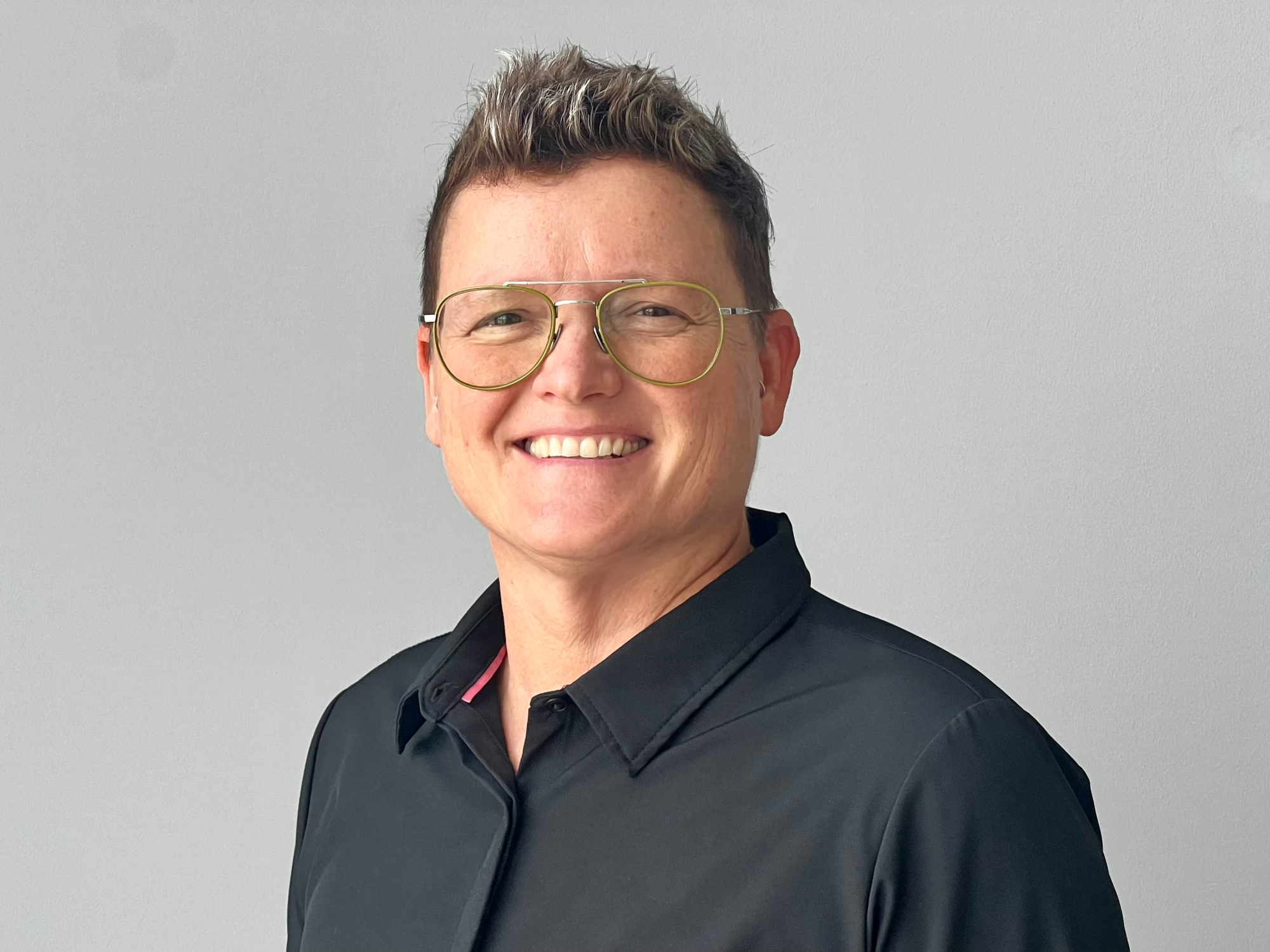
Swanie McIntosh-Lily is a nationally certified Deaf interpreter, educator, and trainer rooted in a family with seven generations of Deaf heritage. They currently serve as Program Manager for Sorenson Interpreter Education Professional Development and as adjunct faculty in the ASL & Deaf Studies and Interpreting program at KU Edwards Campus. Swanie works with interpreters and interpreting students to strengthen language access and deepen understanding of Deaf perspectives.
When We Change the Design, We Change Who Belongs
"I grew up at the dinner table—always part of the conversation. Until one day, I wasn’t."
Drawing from a lifetime of full access within their Deaf family—and their later experiences navigating hearing spaces—Swanie shares powerful, personal stories that challenge assumptions about communication, language, identity and access. With humor and honesty, Swanie invites the audience to examine common assumptions about inclusion, revealing how everyday design choices can either exclude or empower. This session isn’t about fixing people—it’s about fixing the systems that shape access and inclusion. Join Swanie in exploring how design—not being Deaf—decides who gets to belong.
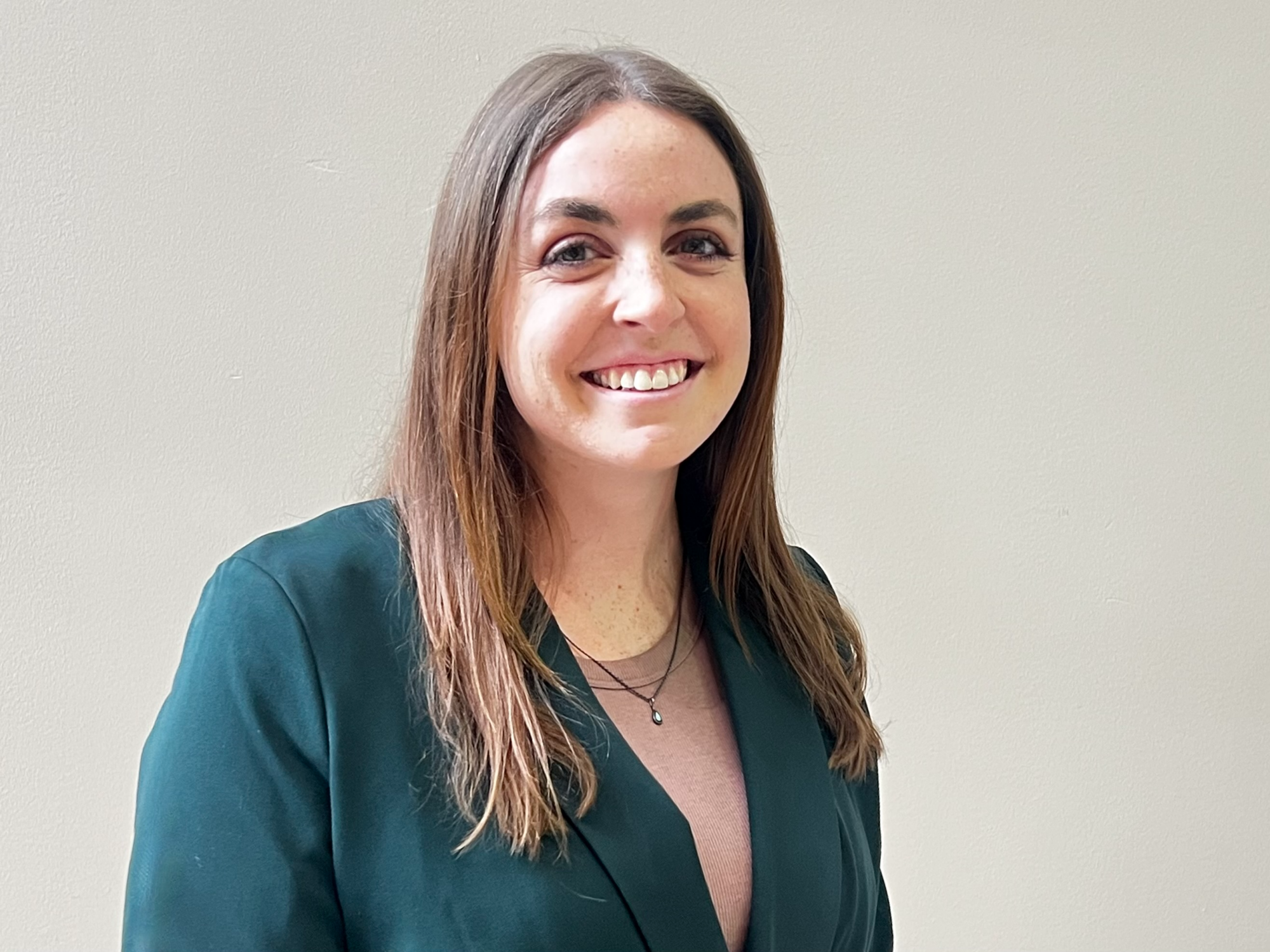
Originally from St. Louis, Ally moved to Kansas to pursue her degree in microbiology, then onto Dartmouth for her master’s in public health. While there, she researched and created research proposals surrounding social media’s role in public health and health communications. Shecurrently advises and teaches public health at the University of Kansas.This is a new text field ready for your content.
Take It To TikTok: Public Health Communications in the Age of Social MediaThis is a new text field ready for your content.
Public health agencies and healthcare partners are taking to TikTok and social media to creatively reach people where they’re at. From health-fluencers to government memes, we’ll discover what is working in getting more people to think about their health, and how we can fight misinformation along the way. Let’s explore how social media can be an ally for better public health communication.This is a new text field ready for your content.

Kaitlyn Sy was just beginning medical school when she suffered life-threatening complications from an autoimmune disease. Instead of receiving the treatment she desperately needed, she faced a frustrating insurance battle that forced her to temporarily pause her studies. Through support from her community, Kaitlyn ultimately received the care that saved her life and is now determined to pay it forward. Today, she directs a free surgery clinic serving unhoused patients in the Kansas City Metro area and is a staunch advocate for prior authorization reform.
When the Protector Becomes the Predator: A Medical Student’s Autoimmune Journey in a Sick Care System
As an aspiring physician, Kaitlyn Sy has long loved learning about the intricacies of the human body and the systems built to heal it. But her perspective on medicine profoundly changed when she was diagnosed with a rare autoimmune disease—her own immune system, once a protector, became her greatest threat. This internal betrayal mirrored a disturbing external reality: the U.S. healthcare system, meant to protect and heal, fails the very people who need it most. In this talk, Kaitlyn shares her journey through life-threatening illness, denied treatments, and a relentless fight for care. Along the way, she draws uncanny parallels between a misdirected immune response and a dysfunctional healthcare system—and offers a call to reimagine how we care for the vulnerable.

